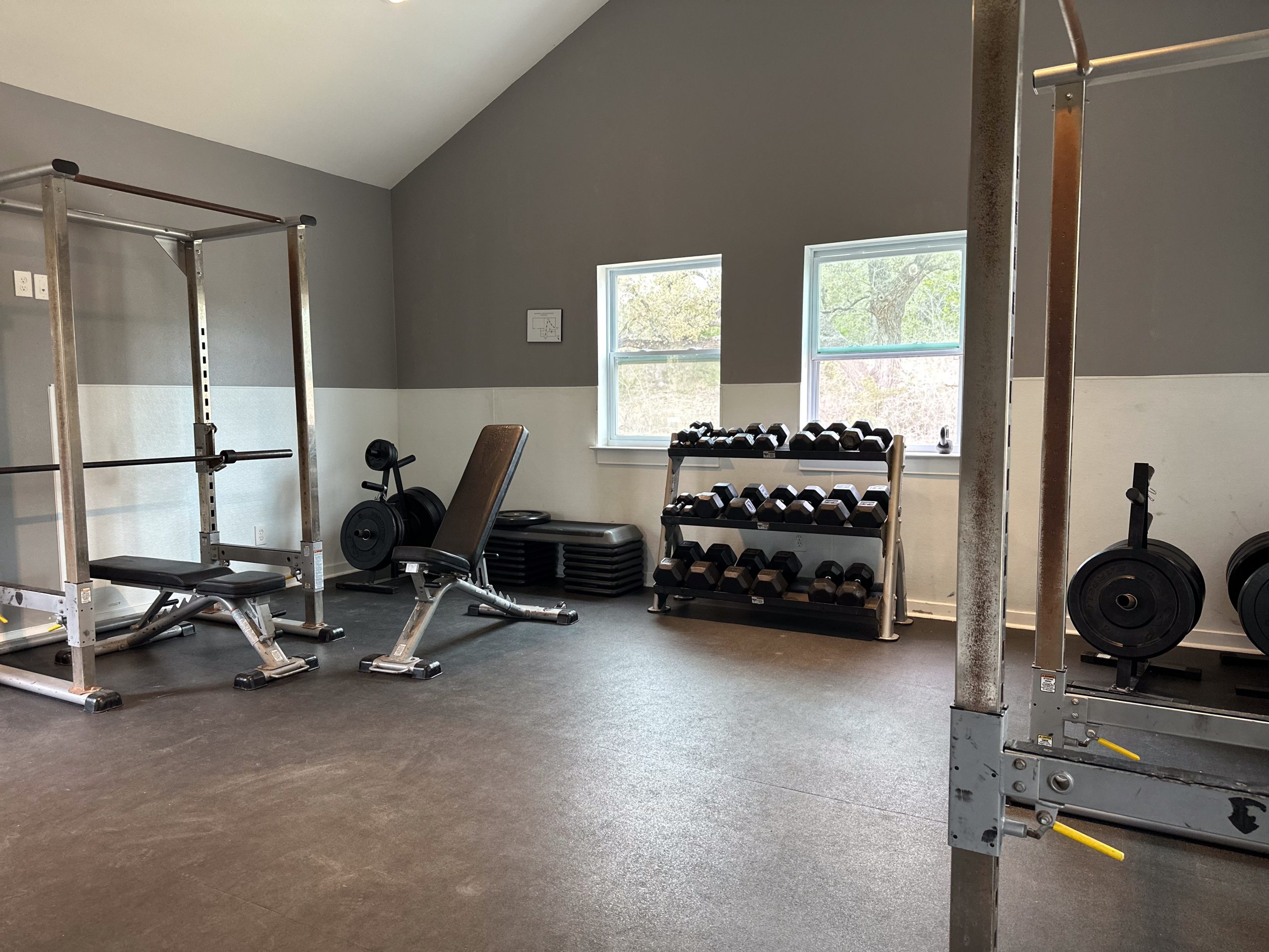How to Treat Sufentanil Addiction Safely and Effectively
GET HELP TODAY!
100% Confidentiality Guaranteed


What Is Sufentanil (Dsuvia)?
Sufentanil is a strong opioid found in Dsuvia. It works by attaching to opioid receptors in the brain and spinal cord. This creates a powerful high by releasing dopamine. Because of this, the drug can be very addictive.
Doctors may give sufentanil as an injection or a sublingual tablet. It is often used during surgeries or childbirth to manage severe pain. It is also given when other opioids don’t work. Due to its high strength, Dsuvia is not available through regular pharmacies.
This opioid is 5 to 10 times more powerful than fentanyl and up to 1,000 times stronger than morphine. It is one of the most potent opioids available.










Is Sufentanil Addictive?
Yes. Sufentanil is a Schedule II drug, which means it has a high risk of misuse. It causes the brain to associate the drug with pleasure and reward. This makes it very hard to stop using once a person becomes dependent. People with a mental health condition or history of substance use are especially at risk.
Street Names for Sufentanil
Since sufentanil is similar to fentanyl, the two share common street names:
- China White
- Friend
- Dragon’s Breath
- Goodfella
- Murder 8
- Facebook (when mixed with heroin)
- Lollipop
- Jackpot
- White Girl
These names are often used to hide the presence of the drug in illegal pills or powder.
How Common Is Abuse?
Dsuvia is only used in hospitals, so abuse is less common. But when it is taken illegally, it is extremely dangerous. Many public health experts have criticized the approval of Dsuvia because of its abuse potential. Even small amounts can cause an overdose.
Side Effects of Sufentanil Abuse
When used in a hospital, sufentanil is given in controlled doses. However, if abused, it can cause severe side effects, including:
- Itchy skin
- Slow heart rate
- Vomiting and nausea
- Dizziness
- Headache
- Muscle stiffness
- High or low blood pressure
Overdosing on sufentanil can be deadly. Warning signs include shallow breathing, pinpoint pupils, and unconsciousness.
Withdrawal Symptoms
Quitting sufentanil suddenly can cause severe withdrawal symptoms. These may start just hours after the last dose and include:
- Sweating and chills
- Restlessness
- Stomach cramps
- Nausea and vomiting
- Teary eyes and runny nose
- Muscle and joint pain
- Trouble sleeping
- Goosebumps
These symptoms can be overwhelming without medical support.
Why Medical Detox Is Needed
Stopping sufentanil without help is dangerous. A medical detox program offers a safe place to manage withdrawal. Medical staff can provide care and medications to ease the symptoms. Detox also prepares you for the next phase of addiction treatment.
At a detox center, professionals create a treatment plan tailored to each person’s needs. They offer support around the clock to keep patients comfortable and reduce the risk of relapse or medical issues.
How Long Does Withdrawal Last?
The length of withdrawal depends on the dose, frequency of use, and individual health. For many people, symptoms start within 6 to 12 hours and peak around the third day. Most physical symptoms fade within a week, but cravings and mental effects may last longer.
More Time. More Joy. More You. Start Now.
WE ACCEPT MOST INSURANCES







Addiction Treatment Programs
After detox, continuing care is critical. People need help to stay on track and avoid relapse. Several addiction treatment programs are available:
- Inpatient drug rehab – full-time care in a treatment center
- Outpatient drug rehab – part-time care with more flexibility
- Intensive outpatient programs (IOP) – more structured than regular outpatient rehab
- Sober living programs – safe housing in a sober environment
- Peer recovery support – help from others who have overcome addiction
Each option provides different levels of care. Your choice will depend on how severe the addiction is and whether you have support at home.
Inpatient vs. Outpatient Treatment
Inpatient care offers structure and supervision. Clients live at the center and follow a strict routine. They attend therapy sessions, receive medical care, and participate in group activities every day.
Outpatient rehab lets people live at home or in sober living homes while getting treatment. They attend sessions several times a week and complete assignments at home. This works well for people in early recovery who are ready to return to daily life with some support.
Both options can include family therapy, job training, and education planning.
Therapy and Support Services
A strong treatment plan includes many types of care. Common therapies include:
- Cognitive behavioral therapy (CBT)
- Individual and group therapy
- 12-step program meetings
- Behavior therapies
- Support groups
- Family involvement
These services help clients change harmful thoughts and behaviors, improve communication, and rebuild trust with family members.
Freedom Starts Here. Take Back Your Life Today.
Same-Day Admissions in Austin Available.
Life in Sober Living Homes
After rehab, many people transition to sober living homes. These homes provide a safe, drug-free environment. Clients follow rules, attend meetings, and take part in job or school activities.
A sober living program includes:
- Drug and alcohol testing
- House meetings
- Employment or volunteer support
- Peer recovery support
- Guidance from recovery staff
This step helps people adjust to living sober while keeping relapse risks low.
Continuing Care and Long-Term Support
Long term recovery requires ongoing help. That’s where aftercare comes in. Aftercare programs include regular check-ins, support groups, and relapse prevention plans.
Recovery support services can include:
- Weekly therapy
- Recovery coaching
- Relapse prevention tools
- Online meetings
- Phone check-ins
Many people rely on these services for continuing care as they navigate life changes such as divorce, grief, or moving to a new place.
Treating Mental Health Conditions
Many people with addiction also face a mental illness or other medical conditions. Treating both at the same time leads to better results.
At a treatment facility, professionals offer:
- Dual diagnosis treatment
- Medical assistance
- Medication for anxiety or depression
- Help with sleep or mood problems
- Support for trauma or PTSD
This approach ensures you get full support for your mind and body.
Recovery Is Possible
If you or someone you know is struggling with Dsuvia or any drugs or alcohol, don’t wait to get help. There are many treatment options to fit your needs.
Nova Recovery Center offers:
- Inpatient care
- Outpatient treatment programs
- Intensive outpatient programs IOP
- Medical detox
- Family involvement and therapy
- Access to behavioral health services
Recovery is not easy, but it is possible. Many people have stayed sober by following a clear path and getting the right support.
Call Nova Recovery Center at (512) 605-2955 to learn how you can get started with our addiction treatment programs. You don’t have to face this alone—receive treatment in a caring, professional environment and begin your journey to a better life today.
Frequently Asked Questions About Sufentanil (Dsuvia) and Its Potency
What is the drug Sufentanil used for?
Sufentanil is a powerful opioid pain medication primarily used in hospital settings for managing severe pain. It is often administered during surgery, childbirth, or when other pain management options are ineffective. Because of its potency, it is restricted to certified healthcare environments.
What is the brand name of Sufentanil?
The most recognized brand name of Sufentanil is Dsuvia, available in sublingual tablet form. It may also be found under other formulations for hospital use, but Dsuvia is specifically designed for rapid pain relief under the tongue.
What are the advantages of Sufentanil?
Sufentanil’s main advantage is its high potency, which allows effective pain relief with a very small dose. It has fast-acting results, making it useful in emergency or surgical situations. However, these same qualities make it highly addictive and dangerous when misused.
How potent is Sufentanil?
Sufentanil is 5–10 times more potent than fentanyl and up to 1,000 times stronger than morphine. Its extreme strength is why it is classified as a Schedule II controlled substance and only approved for use in strictly regulated medical settings.
What is the drug Dsuvia used for?
Dsuvia is a sublingual (under the tongue) version of Sufentanil. It is approved for the treatment of acute, severe pain in adults in certified healthcare facilities, such as after surgery or during emergency care.
Is Sufentanil an opioid?
Yes, Sufentanil is a synthetic opioid that binds to opioid receptors in the brain and spinal cord, reducing the perception of pain. Like other opioids, it carries a high risk of dependence, abuse, and overdose.
What is the most potent opioid for reducing pain?
Sufentanil is considered one of the most potent opioids available for medical use. Its potency surpasses fentanyl and morphine, making it effective for severe pain but also extremely risky if misused.
What painkiller do you put under your tongue?
Dsuvia, the sublingual form of Sufentanil, is placed under the tongue for rapid absorption into the bloodstream. This method ensures quick pain relief in controlled medical environments.
Which opioid drugs have the highest potency?
Among medically approved opioids, Sufentanil ranks as one of the highest in potency. It is significantly stronger than morphine and fentanyl, which is why it is limited to hospital administration only.

